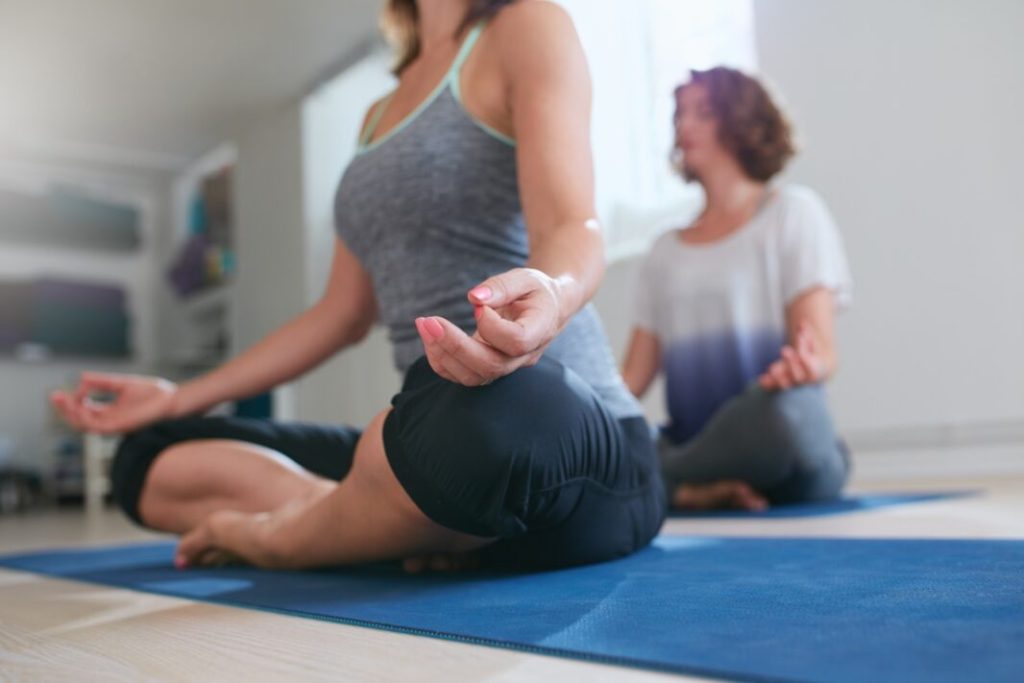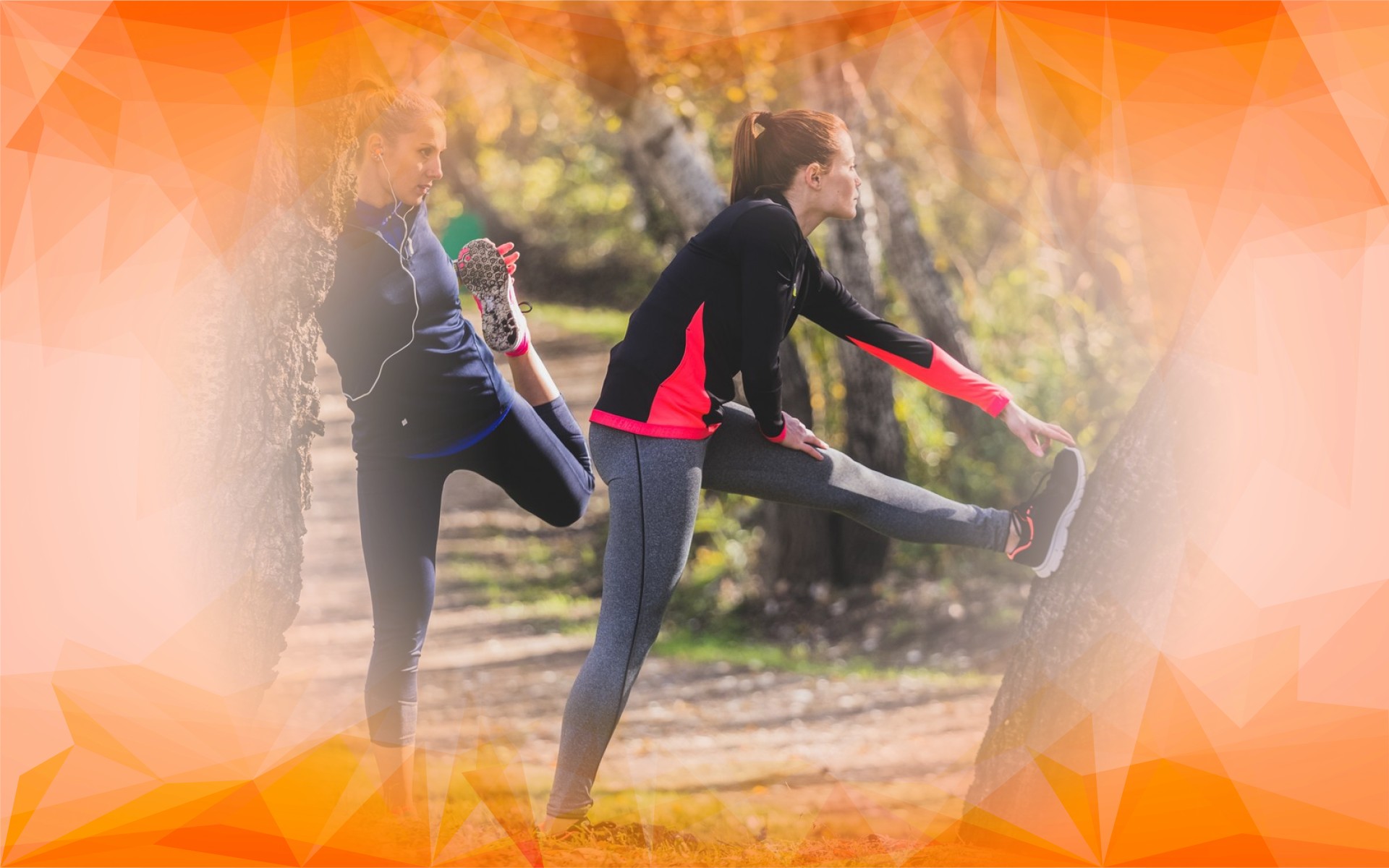Living with knee osteoarthritis can be a daily challenge that affects much more than your joints . The persistent pain and stiffness may make even simple activities feel overwhelming, often leading to frustration or emotional fatigue. In this article, we’ll explore a holistic approach to managing knee osteoarthritis —combining easy home exercises with proven mental resilience techniques. This blend, backed by research and practical guidance, is designed to help you take charge of your condition and enhance your quality of life.
Psychological Resilience and the Mind-Body Connection
Knee osteoarthritis isn’t just a physical condition—it can take a real toll on your emotional well-being, too. Chronic pain often leads to stress, low mood, and, for some, anxiety or depression. Research shows that how you think about and respond to pain has a big impact on your overall experience and well-being. That’s why building mental resilience is so important. Techniques such as mindfulness, deep breathing, meditation, or keeping a journal can help you stay positive, manage stress, and keep pain in perspective. Strengthening this mind-body connection puts you in a better position to cope with osteoarthritis and sets the foundation for looking after your physical health as well.
Home-Based Knee Strengthening and Safe Exercise
Maintaining knee strength is another crucial piece of the puzzle. The good news is that many effective exercises are simple and can be done right at home, targeting muscles like the quadriceps (at the front of the thigh) to help support and stabilize your knee . Seated leg raises and wall sits are examples of easy moves that require no special equipment and can be done regularly. Research consistently shows that regular strength exercise can ease pain , improve muscle function, and make daily movements easier. Just remember to start slowly and increase intensity over time. If you’re unsure how to begin, a physiotherapist can personalize an exercise routine and show you the safest way to progress.
Adapting Everyday Activities to Protect Your Knees
Small tweaks to your daily routine can make a noticeable difference in how your knees feel. For example, use handrails when climbing stairs, choose chairs with good support, or break up bigger tasks into manageable steps—these kinds of adjustments can all reduce the strain on your knees . Studies highlight that making practical changes like these not only make daily life easier, but also help you stay active and independent. By paying attention to how you move and looking for easy ways to protect your joints , you can keep doing the things you love with greater comfort.
Practical Tips and a Call to Action
In summary, successfully managing knee osteoarthritis means caring for both your body and your mind. Consistent home exercises, mindful resilience practices, and thoughtful daily adjustments work best together and can lead to meaningful improvements in your well-being. Always listen to your body to avoid overdoing it, and seek professional advice if your symptoms change or worsen. Remember, progress is often gradual, but every small step brings you closer to greater ease and mobility. Approach these strategies with patience and self-compassion—and reach out to healthcare professionals if you need help building a plan tailored to you.
By blending gentle exercise, mental strength , and simple lifestyle changes, living with knee osteoarthritis can become manageable—and even empowering. With the right approach, you can improve your daily life and keep moving forward.
References
Hall, M., Migay, A. M., Persad, T., Smith, J., Yoshida, K., Kennedy, D., & Pagura, S. M. C. (2008). Individuals’ experience of living with osteoarthritis of the knee and perceptions of total knee arthroplasty. Physiotherapy Theory and Practice, 24(3), 167-181. https://doi.org/10.1080/09593980701588326
Wallis, J. A., Taylor, N. F., Bunzli, S., & Shields, N. (2019). Experience of living with knee osteoarthritis: a systematic review of qualitative studies. BMJ Open, 9(9), e030060. https://doi.org/10.1136/bmjopen-2019-030060
Cerit, B. (2014). Determination and Evaluation of the Needs of the Patients with Knee Osteoarthritis in their Daily Living Activities. Procedia – Social and Behavioral Sciences, 152, 841-844.
Frequently Asked Questions
AMSK Clinic at Harley Street, London, offers a comprehensive, patient-centred approach for knee osteoarthritis. Our experienced team blends advanced treatments, including Arthrosamid®, with holistic care such as exercise guidance and mental resilience techniques. We tailor therapies to individual needs, ensuring patients achieve better mobility, reduced pain, and improved quality of life.
AMSK Clinic recommends simple, effective home exercises that strengthen knee-supporting muscles, especially the quadriceps. These targeted routines, like seated leg raises and wall sits, are easy to follow and require no special equipment. Regular exercise can reduce pain, improve knee function, and help you stay active, supporting lasting joint health.
AMSK Clinic recognises that psychological resilience profoundly affects how you handle pain and daily challenges. By teaching mindfulness, breathing techniques, and positive coping strategies, we address both emotional and physical aspects of osteoarthritis. This holistic approach empowers you to manage symptoms better and maintain a higher quality of life.
AMSK Clinic educates patients on making small yet effective changes, like using handrails or choosing supportive chairs. Our experts advise on breaking up tasks and optimising movement patterns. These adaptations help minimise strain, making it easier to remain active and independent while protecting your knees from further discomfort.
If home exercises and lifestyle changes are not controlling symptoms, or pain increases, AMSK Clinic at Harley Street provides expert assessments and advanced solutions, including Arthrosamid®. Seeking professional guidance ensures you receive a tailored plan, maximising comfort and mobility while leveraging AMSK Clinic’s trusted expertise in knee care.




